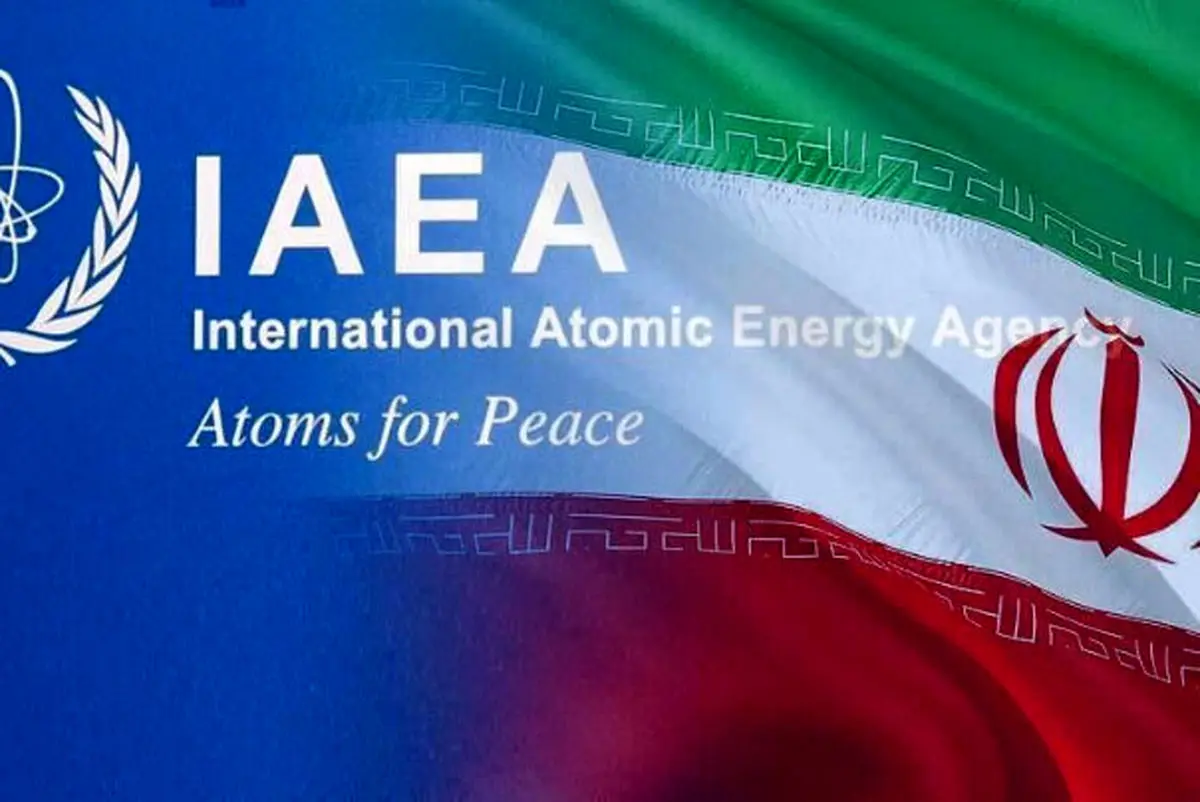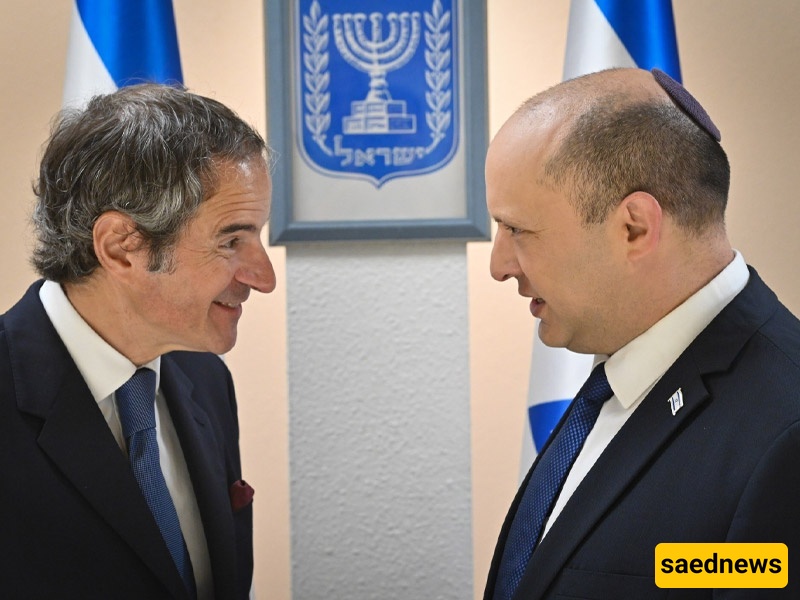SAEDNEWS: Beheshtipour claims Israel’s attacks on Iran were planned long before the latest IAEA reports, stressing that Iran’s nuclear sites must be secured before any further inspections.

According to Saed News; Hassan Beheshtipour, an expert on international affairs, spoke to Etemad Online on the sidelines of the IAEA Board of Governors seasonal meeting. With Rafael Grossi set to present a new report, Beheshtipour discussed concerns about whether the report might provide Israel with an excuse for new confrontations with Iran.
He stated clearly: Israel’s attacks on Iran are not linked to IAEA reports. These strikes were meticulously planned over a year and a half to two years ago. Prior to targeting Iran, Israel had already carried out operations in Lebanon, Gaza, and Syria, before shifting its focus to Tehran. Despite media claims, the attacks were independent of any IAEA findings.
Beheshtipour further highlighted the need to scrutinize the basis of Grossi’s reports. While the IAEA is an international authority for nuclear oversight, he noted that much of Grossi’s public statements are politically motivated. Previous directors never exhibited such partiality. Nonetheless, Iran does not question the legitimacy of the IAEA itself but stresses that any critique should focus on report content, including details on centrifuge numbers, enrichment levels, and uranium stockpiles.

Concerning media leaks, Beheshtipour criticized premature publication of reports before Board sessions. These reports, sometimes published online, violate IAEA regulations which dictate that content should only be shared after the Board convenes.
The expert emphasized that attacks on nuclear facilities in Natanz, Fordow, and Isfahan occurred despite these being under IAEA supervision. Only 11 countries condemned these strikes, while the majority abstained, showing a major issue in international accountability.
He concluded by clarifying Iran’s position: inspections are valid but must respect security conditions. Recent reports indicate that Iran enriched 408 kg of uranium to 60% purity as of late February. From then to mid-June, an additional 32 kg was enriched, bringing the total to approximately 440 kg. However, the IAEA had no access during this period due to ongoing hostilities. Iran is currently negotiating new arrangements with the IAEA to adapt oversight procedures under wartime conditions.

